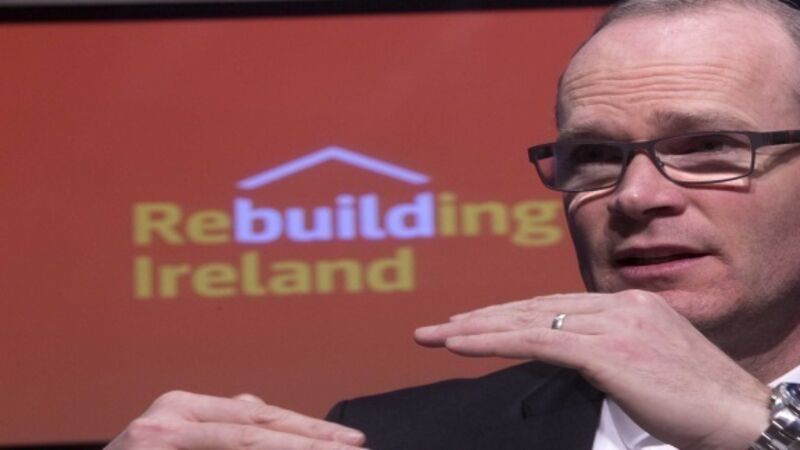Rent strategy: 4% cap not strict enough, say housing groups

However, Mr Coveney says if his proposed rent restrictions to stop rates spiralling upwards in Cork and Dublin, were any tougher they would have a “devastating” impact on the sector.
Limiting rent hikes to the Consumer Price Index (CPI) or inflation in general would “trigger” a mass exodus from the sector and “shut off supply overnight”, said Mr Coveney after the Government agreed on plans for rent caps which will allow rates rise by a maximum 4% a year for the next three years.













